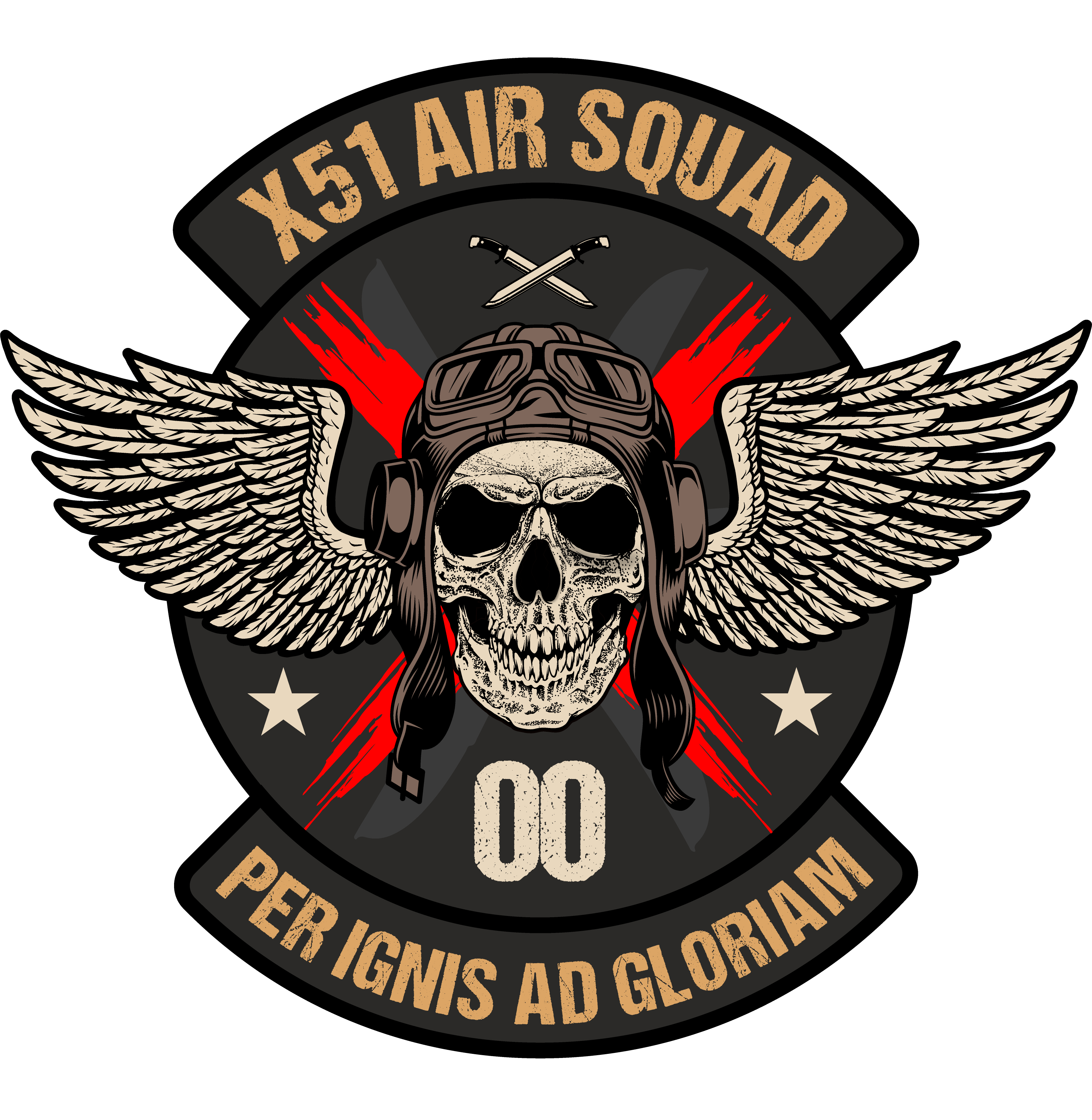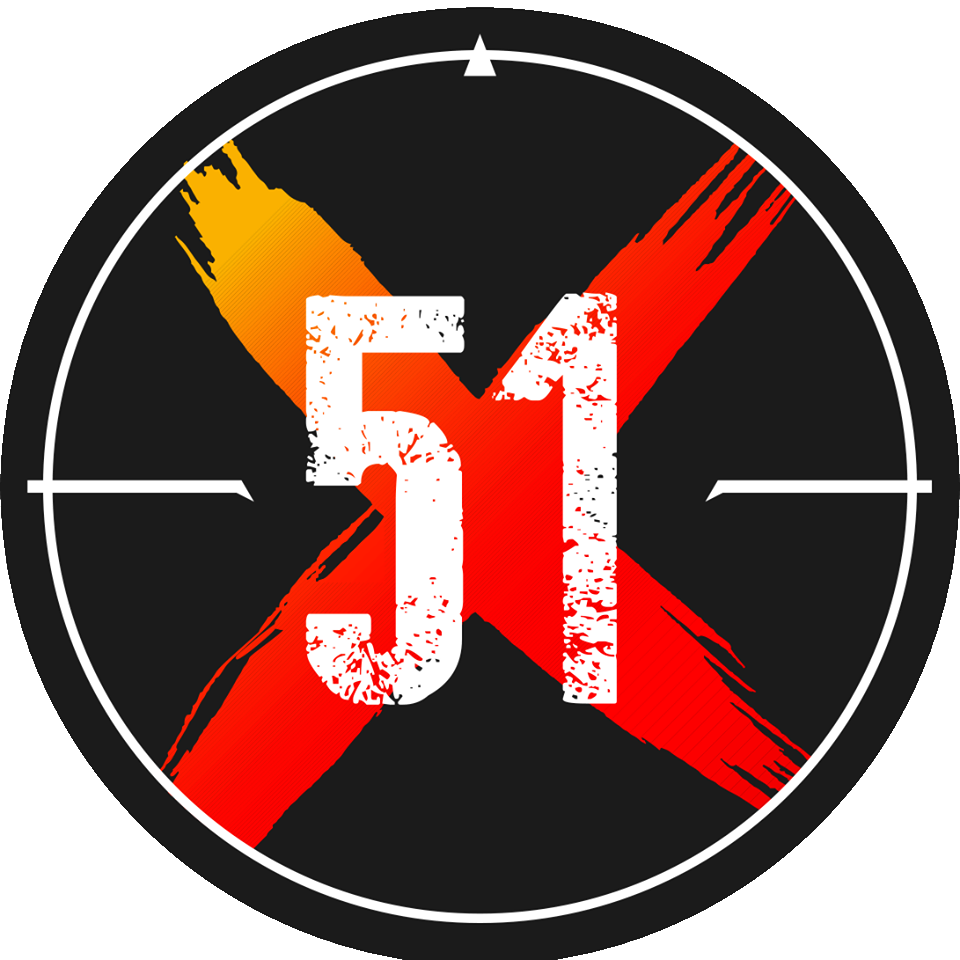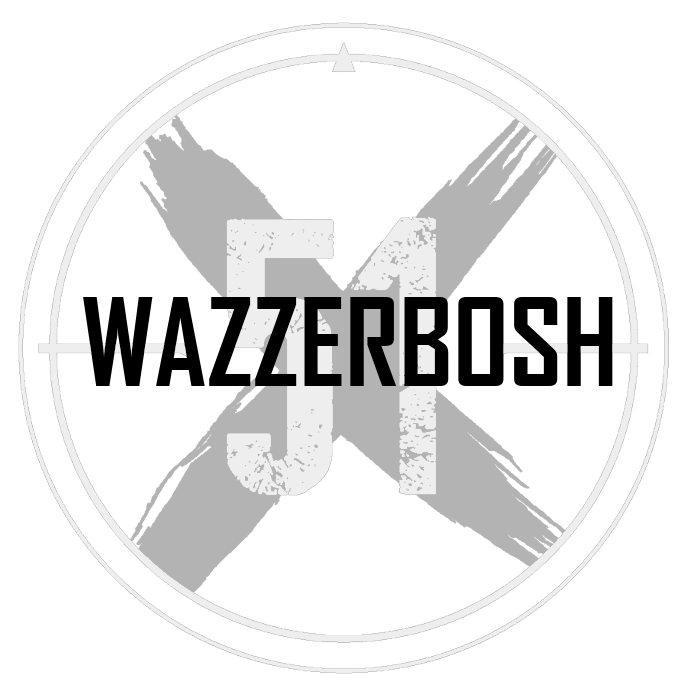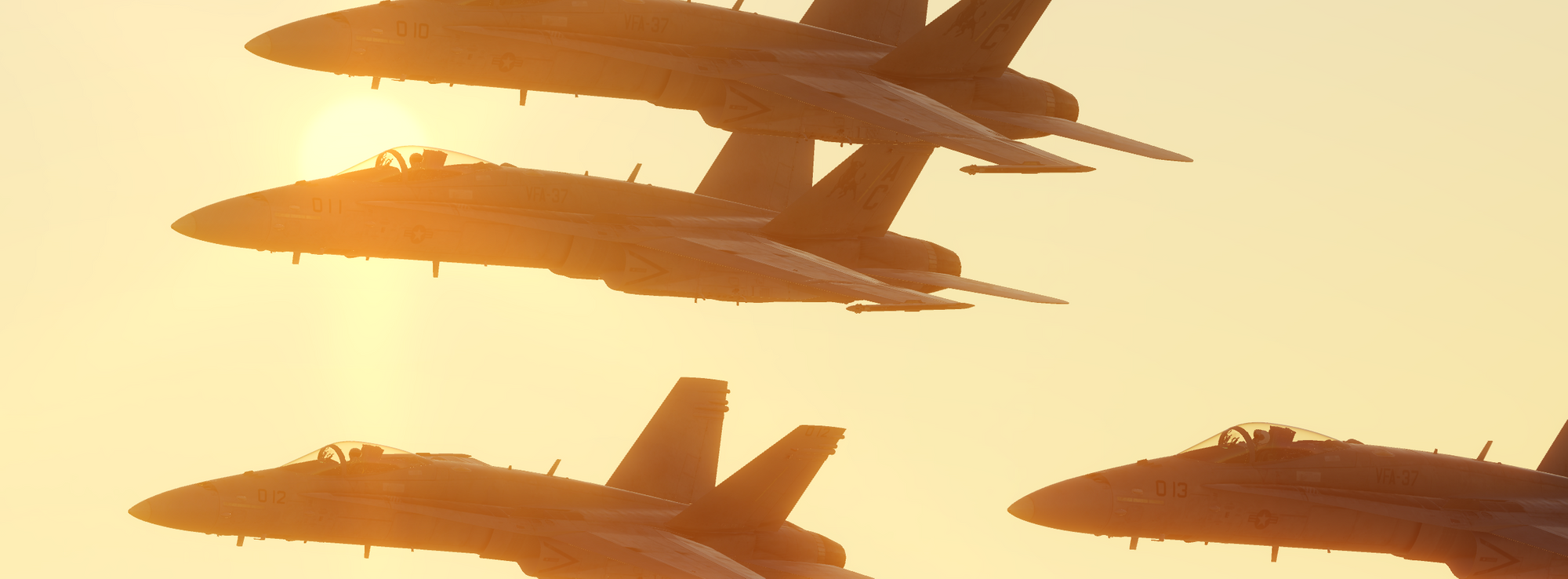Starting from the 12th of April 2023 we will be implementing the following changes for the DCS Combat group:
- Instead of having year long training curricular on Wednesday nights, we will instead do structured training for only half the year.
- For the other half of the year, which will also include the summer break, the traditional training slot on Wednesdays will be used for joint training, constructive fly-outs and mission/campaign sessions.
- The summer break will be in August only rather than July-September. Obviously, if you are away for your personal vacations at other times of the year, it's not a problem at all as long as it's communicated to an officer. We are reducing the break period to help keep up momentum during the quieter summer and early autumn period.
- September will be dedicated to recruitment, planning and kick-starting of the training cycle. Fly-out and 'light' training to get everyone comfortable in the cockpit again and onboard new members from the recruitment drive.
- From October to March inclusive we will have the training program. More structured and comprehensive than the current one as we will concentrate each platform's curriculum into 24 weeks or so.
- From April to July inclusive, we will use Wednesdays for what I mentioned above. These will still be part of the training in a sense, as these months will supply us with the opportunities to put into practice what we've learned, and continue to improve in a more fluid and dynamic environment.
- To that end, this does not change the expectations in terms of attendance. We will still need to react to the announcements, whether we're able to attend or not, and attendance is tracked like any other Wednesday session.
- There are no changes to the usual Monday evening session. It will be available all year round for liberation, fly-outs, events etc.
Why the changes?
There are several problems this new cycle hopes to confront and solve:
"Goal-less" training
If we train for the entire year and have missions and fly-outs as an after-thought, the training sessions do not feel as though they have any goal and we up training for the sake of it, rather than to improve our skills and therefore have a more enjoyable and immersive experience in other situations.
Experience disparity
We have noticed that in a continuous training cycle, the disparity in experience between members of the group grows, especially with accepting new members along the way. Experienced members find themselves often rehashing old material, new members feel out of their depth and it becomes continuously harder for instructors to facilitate everyone.
Training "losing steam"
Without fixed start and end dates to a comprehensive training course, the material begins to get stale, plans get made week by week rather than following a structured system, even if it began as such, and as a result...
Trainees and instructors lose motivation
By a combination of the above, especially with material becoming stale and training losing steam, motivation starts to suffer.
Flexibility in incorporating external events and special sessions
We can spend more time in the second half of the annual cycle participating in external events (e.g., Joint Thunder), planning participation in others (e.g. SATAL/SATAC) and also running special sessions - learning a new module together, doing dedicated BFM or BVR sessions, running IL-2/DCS or DCS/BMS cross-over events, etc.
Training evaluation
Having several months of flying missions and multiplayer, we can better evaluate the efficacy of the training curricular. What works, what doesn't, how it fairs when applied to 'real' situations, and spend time before the next training season starts on improving it.
Planning and structure
All platforms should be able to develop a robust and comprehensive training curriculum, with much of the .miz files, briefings and materials ready to cover the 24 week period to avoid running into the motivation and 'ad-hoc training' problems mentioned above. This should vastly improve the quality and accesibility of the training program for everyone. Any material that was not able to be covered in time, but is deemed important can of course be covered in sessions organised in the second half of the yearly cycle, and this depends on each group and situation.
Hopefully this list helps explain why we think this is a step in the right direction, but as always for any problems, doubts or questions please reach out to me on Discord.
Cheers!
=X51= Wazzerbosh



